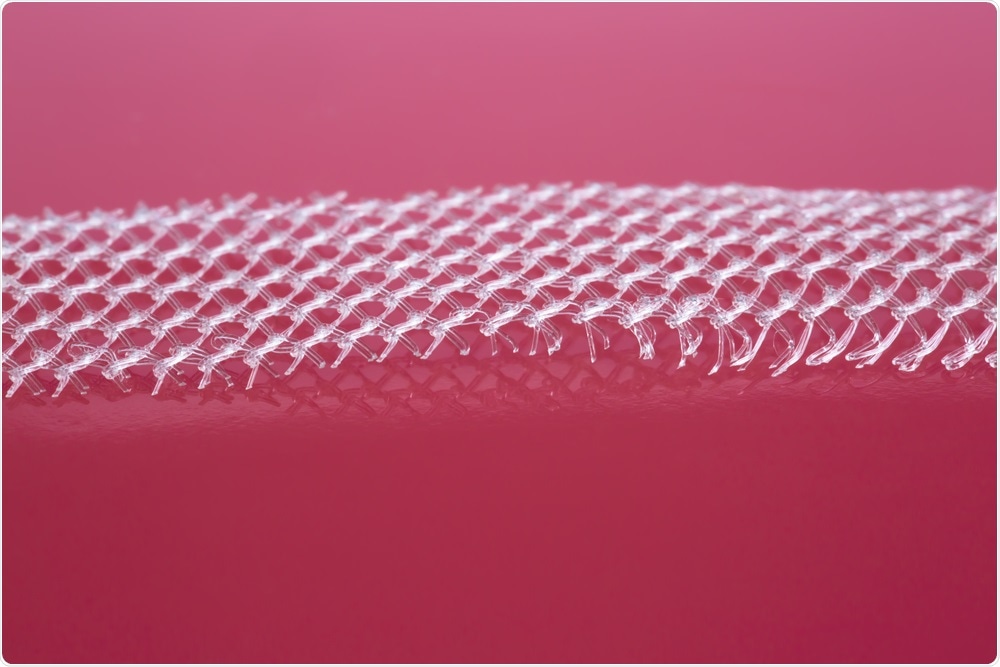
New vaginal mesh guidelines 'insufficient' and potentially harmful
Updated NICE guidelines on the use of vaginal mesh implants have been criticized by campaigners who say the recommendations do not sufficiently protect women, many of whom have developed debilitating complications as a result of such procedures.
 Beate Panosch | Shutterstock
Beate Panosch | ShutterstockThe NICE watchdog has controversially announced that the surgical use of plastic mesh for the treatment of urinary incontinence and pelvic organ prolapse will be made available again on the NHS in England, providing certain criteria are met.
Estimates have previously shown that around one in 15 women who had one form of the implant needed to have it removed later due to complications, such as the mesh cutting through tissues or into organs and causing intense pain and recurrent infection.
Some studies have suggested that as many as one in ten women have been left unable to work, walk or engage in intercourse and last year, use of the implants was suspended across the UK due to safety concerns.
Now, the new guidelines have recommended that vaginal mesh implants continue to be included as an option for women who have certain conditions.
The guidelines do say that the implants should only be offered to women in cases where non-surgical procedures have failed or been rejected; that women must receive counselling about potential complications and that all short- and long-term outcomes must be recorded in a national registry.
However, protestors from the campaign group Sling the Mesh say the recommendations do not do justice to women’s experiences.
Commenting on the use of the surgical implants, the NICE authors say: “There is some evidence of benefit, but limited evidence on long-term effectiveness and adverse effects. In particular, the true prevalence of long-term complications is unknown.”
‘NICE ignored us’
Sling the Mesh campaigner, Kath Sansom, is appalled by the guidelines and says they are no different to those published in 2003, despite the campaigns held and the suffering that has been reported by so many women.
Labour MP Owen Smith, chairman of the all-party parliamentary group on surgical mesh, also criticised the move, saying he is disappointed that women’s injuries seem to have been disregarded with the statement that there is “no long-term evidence of adverse effects.”
“Thousands of women have faced life-changing injuries following mesh surgery and they must not be ignored,” says Smith, who had previously called for the use of vaginal mesh to be suspended until an independent review led by Baroness Julia Cumberlege had published its findings later this year.
‘Mesh should not be used to treat stress urinary incontinence’
Cumberlege, chair of the Independent Medicines and Medical Devices Safety Review, believes now is not the time for the suspension on vaginal mesh to be lifted.
"We set five conditions that would need to be met before the pause could be lifted and the use of mesh could be contemplated. Those conditions have not yet been met and it is clear to us that it will be some considerable time before they are,” she says.
‘Non-surgical options should be offered to women’
In support of the guidelines, the Royal College of Obstetricians and Gynaecologists and the British Society of Urogynaecology have welcomed the recommendation that “the full range of non-surgical options should be offered to women before any surgical procedures" and they "fully endorse" NICE's patient decision aids.
However, the organizations add that it is important to note that a period of “high-vigilance” remained regarding use of the implants.



































No hay comentarios:
Publicar un comentario